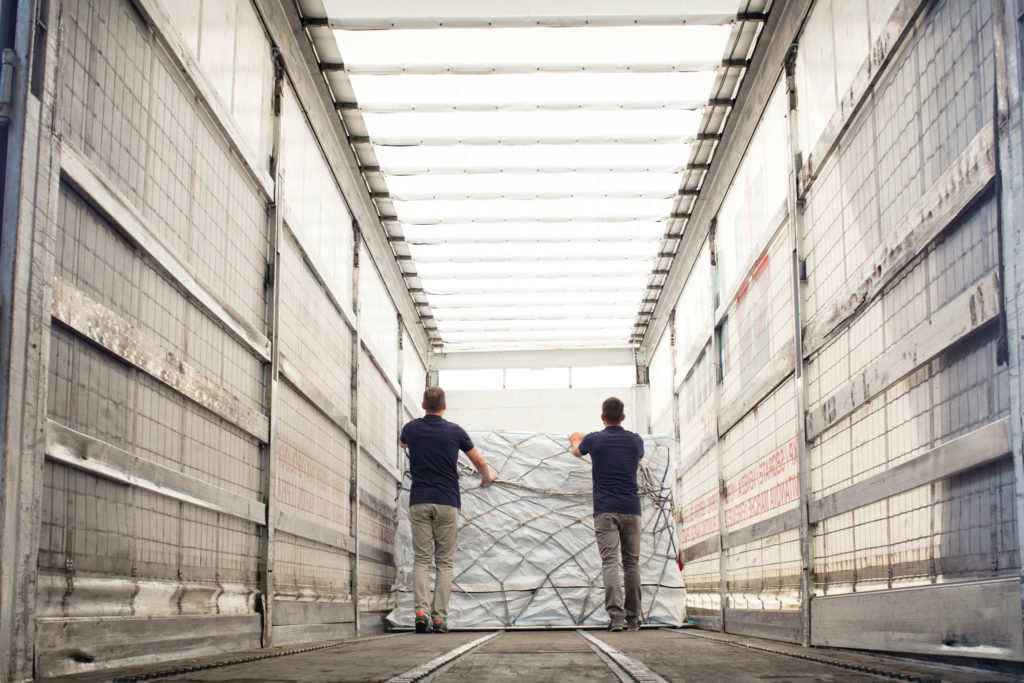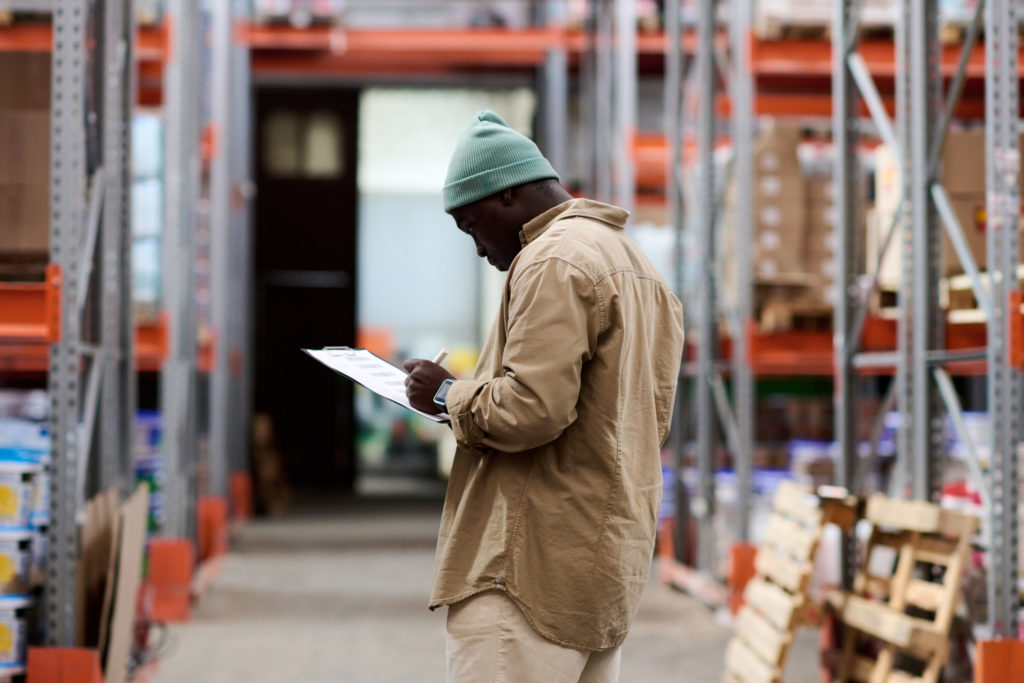Not all businesses require entire shipping containers or trucks to transport their products. Businesses that deal in lower volumes typically need a fraction of the space necessary for companies that ship large quantities of freight.
However, since supply chains favour high volumes, businesses can find it challenging to procure affordable shipping services to accommodate the scale of their operations. Less-than-a-truckload shipping (LTL) is a shipping option that accommodates small quantities of freight. LTL shipping gives low-volume businesses an affordable alternative to traditional large-scale shipping services. So what is LTL?
What Is LTL Freight? – LTL Meaning & How It Works
Here, we define freight as the transportation of bulk goods.
In general, shipping low volumes of a product tends to be more expensive per unit than shipping higher volumes of the same product. The general principle behind economies of scale encourages businesses to increase their volume to reduce costs. However, scaling up doesn’t always make sense for all companies.
LTL works because some companies do not want to wait for suppliers to complete an entire order before shipping out their products. These companies want to replenish their stock but don’t necessarily want to wait the time it will take to fill a shipping container.
Even though the shipping cost will be higher relative to the smaller volume, replenishing their stock sooner rather than later allows companies to meet consumers’ constant demand.
In this common scenario, a shipping load will only be partially full. The space leftover then becomes available for other companies to use. Shipping companies economize the extra space by offering LTL shipping to businesses that can use the extra room for their low-volume inventory.
Because extra space is often available, LTL freight and LTL trucking can be reliable options for businesses that need to send small quantities of products frequently.
Variables That Impact LTL Shipping
If you’ve asked, “What is LTL?” you may not be aware of the logistics that go into LTL shipping. Because LTL shipping depends on vacant space being available on trucks or in shipping containers, shipping rates and availability can vary.
Different variables that can impact LTL shipping include:
- Where a shipment is coming from
- Where a shipment is going
- Packaging type
- Quantity of inventory
- Weight of the load
- Dimensions
- Handling instructions
- Expedited Delivery
The size of a shipment is one of the most important factors when it comes to LTL trucking. An LTL truck can range in size from 16 feet (800 cubic feet) to 26 feet (1,400 cubic feet), with carrying capacity varying between the different sizes. Most major carriers also have size restrictions for shipping freight.
In most instances, LTL shipping refers to shipments ranging in weight from 150 to 15,000 pounds. Regarding space, LTL shipments occupy 24 feet or less of trailer space or a maximum of six 48” x 40” pallets of freight.
The multiple orders will travel together until split up at local terminals, where last-mile carriers pick up and deliver the freight to their respective destinations.
The Benefit of LTL?


LTL shipping has a host of benefits for smaller or low-volume businesses. A few LTL examples perfectly demonstrate how these benefits work.
For instance, a boutique perfume company may order a small quantity of perfume. Rather than pay for a separate truckload, the company saves on shipping costs by bundling its order with another business’s shipment.
More broadly, the benefits of LTL include:
Environmentally Conscious Shipping
Since LTL economizes shipping space, it cuts down on the number of partially full trucks on the roadway. Fewer trucks mean fewer emissions and a lower carbon footprint for your company.
Cost Reduction
Instead of paying for an entire truckload that your order will only partially fill, LTL presents a cheaper alternative that combines orders from different companies. Because you share the burden of shipping costs with other businesses, LTL typically costs a fraction of standard bulk shipping rates.
e-Commerce Friendliness
In the e-commerce industry, consumer satisfaction is everything. Without waiting for an entire shipment, LTL allows e-commerce businesses to get as much or as little inventory as they need when they need it. This way, LTL’s flexibility ensures orders’ quick and timely fulfillment.
Perfect Solution for Small Businesses
In general, small businesses ship lower quantities of goods. By accommodating smaller shipments at low rates, LTL helps small businesses keep up with demand while keeping their shipping costs low.
LTL Challenges
While LTL shipping has apparent benefits, businesses should consider LTL’s challenges and restrictions. Some variables can impact the rate, convenience, and efficiency of LTL shipments.
Carrying Capacity
As we mentioned above, the amount an LTL truck can hold may vary depending on the size of the vehicle and the amount of other freight. Not all carriers offer LTL shipping at all times, so it may take time to find the space for your order.
Length of Time
Because LTL shipping combines orders with different destinations, shipping may take longer than usual. However, many LTL companies combine shipments to nearby areas to prevent excessive delays.
Variable Cost
While LTL shipments are generally cheaper than standard shipping, the price can vary depending on weight, freight class, destination, deadline, and pickup. For this reason, it’s crucial to assess the details of different LTL shipping options before choosing your service. Although some challenges exist, LTL shipping has relatively low risks and is an efficient choice for many businesses.
The Bigger Picture – LTL Shipping and Encore Home Delivery
So, what is LTL in the bigger picture? LTL shipping represents one leg of the shipping journey. LTL is also ideal for smaller and e-commerce businesses looking to save on costs. While LTL can get your order part of the way, last-mile and local delivery services ensure that your order reaches its destination.
With AMJ Campbell’s impressive fleet of vehicles, our team at Encore Home Delivery offers nationwide routes and reliable shipping services across Canada, providing efficient logistical solutions to help businesses coordinate first, mid, and final mile deliveries. Contact us today at 905.670.7111 to find out more about our shipping services.



 Who We Are
Who We Are
 Our Advantages
Our Advantages
 Case Study
Case Study



